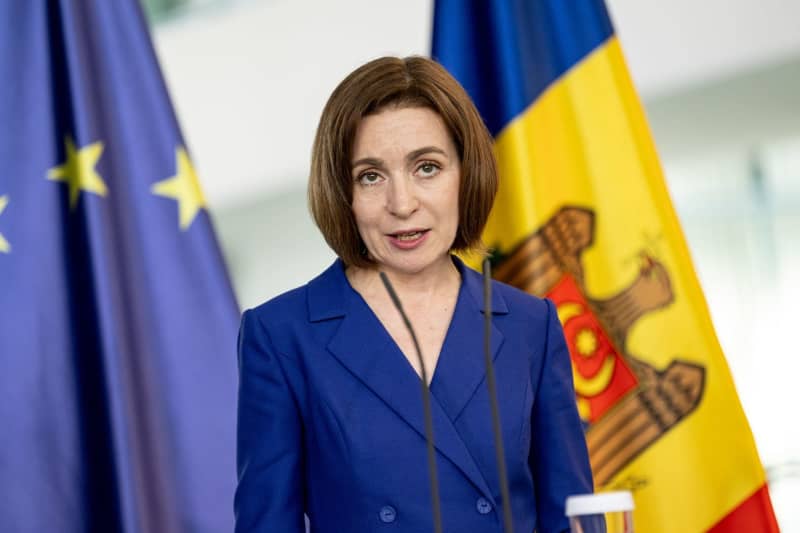On Sunday, Moldova’s national security adviser, Stanislav Secrieru, raised grave concerns regarding significant Russian interference in the nation’s ongoing presidential run-off election. Secrieru took to the platform X, highlighting that the integrity of the electoral process is being jeopardized by these external influences. He indicated that the situation prompted heightened vigilance among authorities, given the potential ramifications for the election’s outcome. With Moldova leaning toward a pro-Western stance under President Maia Sandu, such interference is particularly alarming, as it seeks to undermine the democratic processes that are integral to Moldova’s aspirations for closer ties with the West.
Secrieru’s remarks specifically pointed out alarming activities occurring in Transnistria, a breakaway region of Moldova that is home to Russian troops. Reports emerged of organized transport systems enabling voters from this region to access polling stations, which Secrieru labeled as illegal due to the circumstances surrounding these interventions. This interference raises serious concerns about the legitimacy of the electoral process, suggesting that the outcome could be significantly skewed through these means. The presence of foreign troops in the region further complicates the issue, infusing a sense of threat into the electoral environment and amplifying the stakes of the electoral outcome.
In addition to the situation in Transnistria, Secrieru mentioned more extensive coordinated efforts beyond Moldova’s borders. He asserted that buses and charter flights were being organized from Russia to transport Moldovan voters to various destinations, including Baku, Istanbul, and Minsk, allowing them to cast their ballots. This escalation hints at a deliberate strategy to influence the election through facilitating voter manipulation on a larger scale. Secrieru’s disclosure of a video circulating on social media appears to showcase individuals en route to Minsk, proudly displaying their Moldovan passports, which serves as evidence supporting his claims of orchestrated voter transportation efforts.
The context around this interference is compounded by previous grievances regarding the lack of accessible voting options for Moldovans residing in Russia. With only two polling stations available in Moscow, many voters have found it difficult to partake in the electoral process. Secrieru emphasized that the recent flight operations highlight a pronounced challenge to Moldova’s democratic integrity as they provide a stark contrast to limited voting provisions for its citizens abroad. This disparity suggests that the efforts to mobilize voters from Russia are a tactic aimed at fortifying Russian influence in Moldovan political affairs.
The allegations made by Secrieru underscore a critical moment in Moldova’s political landscape, as the nation confronts external pressures that threaten its sovereignty and democratic processes. The proactive measures taken by authorities in response to these threats reflect an acute awareness of the potential risks associated with foreign intervention in domestic politics. Moldova’s government appears to be taking these warnings seriously, prepared to counter such influence to uphold the integrity of the electoral outcome.
In summary, the issues raised during the presidential run-off illustrate the complex interplay of foreign influence and domestic electoral integrity in Moldova. Secrieru’s announcements not only highlight immediate concerns regarding Russian interference but also underline systematic issues within Moldova’s electoral framework, particularly for its citizens abroad. As Moldova seeks to navigate these challenges, the resilience of its democratic institutions will be tested, raising critical questions about the future direction of the country in its quest for alignment with Western values and governance.

